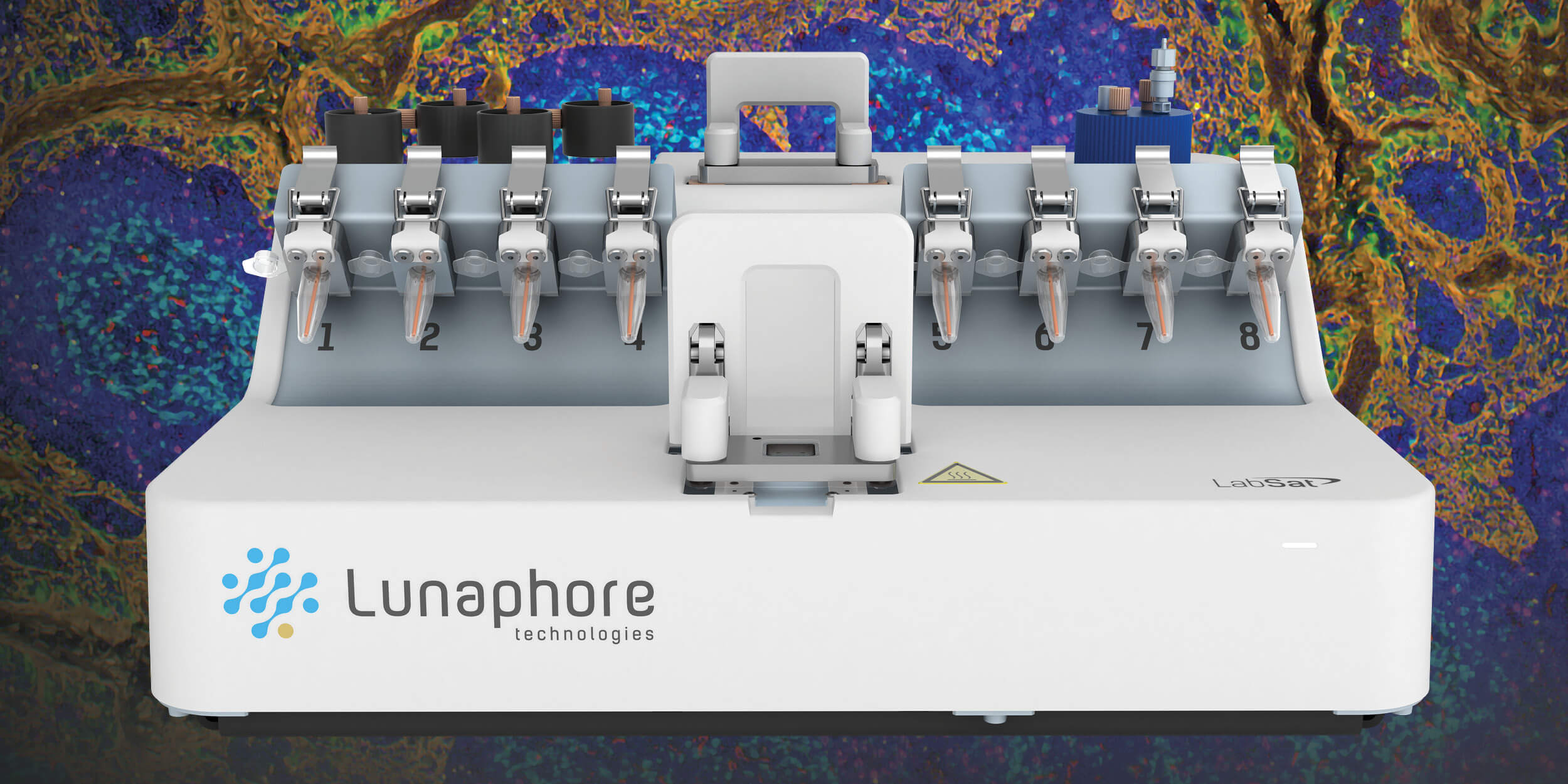SERS for Label-Free Biosensing

contributed by Ocean Optics |
Surface enhanced Raman sensing (SERS) has expanded the applications of Raman spectroscopy to include trace analysis of materials such as explosives residues, evidence at crime scenes, chemical warfare agents and pesticides. As a label-free technique, SERS is also well suited to biosensing, from blood glucose to diagnosis of diseases like cancer, Alzheimer’s and Parkinson’s. A new variant of SERS developed by a group at Jackson State University in Mississippi, U.S., uses a hybrid probe composed of graphene oxide attached to a popcorn-shaped gold nanoparticle to achieve ultrasensitive sensing of HIV and MRSA DNA characteristics.
Background
SERS allows extremely low levels of analyte to be detected via Raman spectroscopy through adsorption of the analyte onto a metal substrate. Localized surface plasmons are generated by an electromagnetic resonant effect between the substrate and the Raman excitation laser, interacting with the analyte to enhance Raman emission by a factor of up to 1010.
SERS can be performed on a substrate, or using colloids suspended in solution. While metals like gold, silver and copper are the most common materials used for SERS, novel options like graphene, semiconductors and quantum dots are also being explored. Graphene oxide, a chemically treated version of graphene, has a number of properties particularly suitable to biological applications.
Log in or register to read this article in full and gain access to The Translational Scientist’s entire content archive. It’s FREE!















